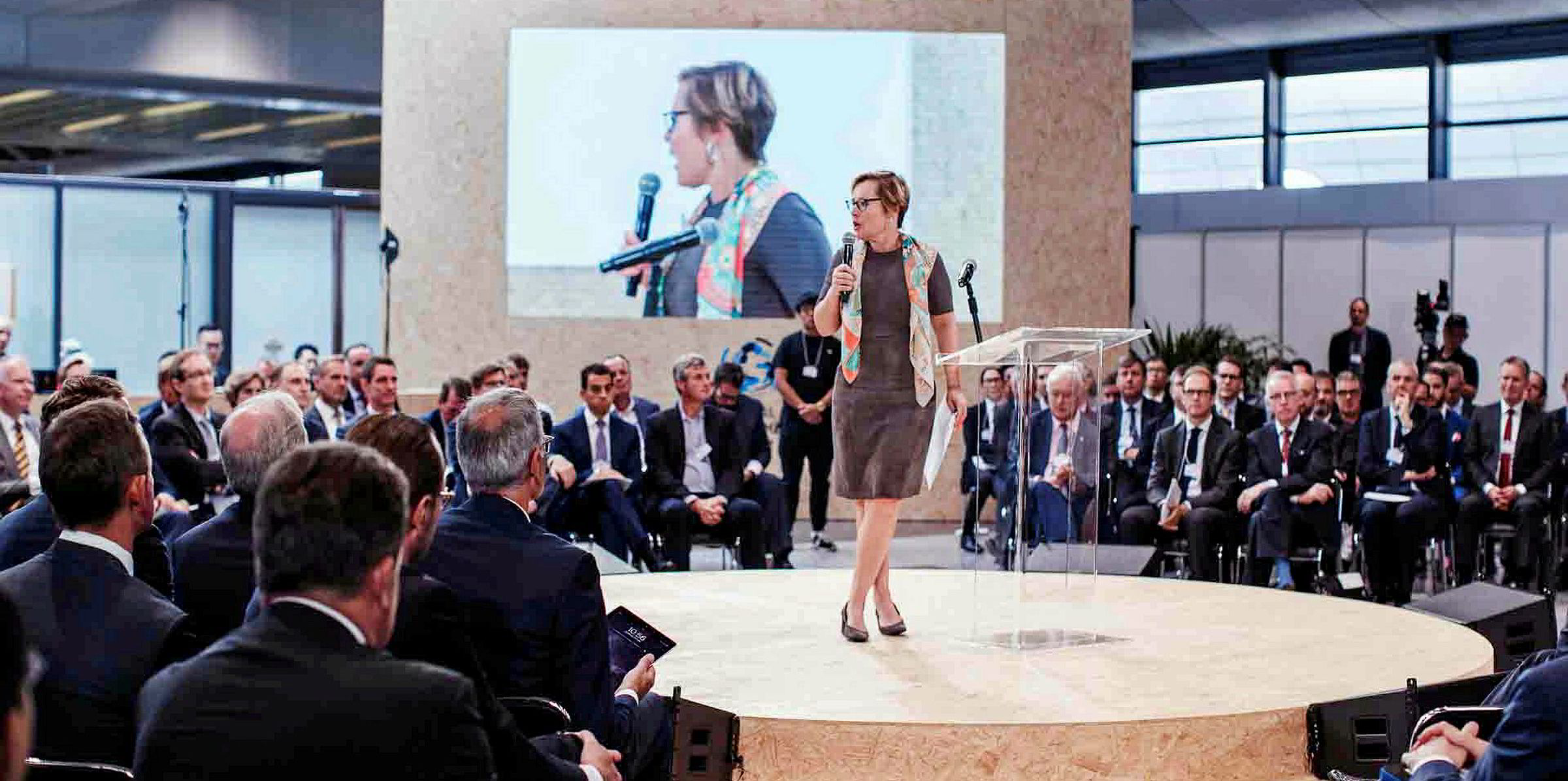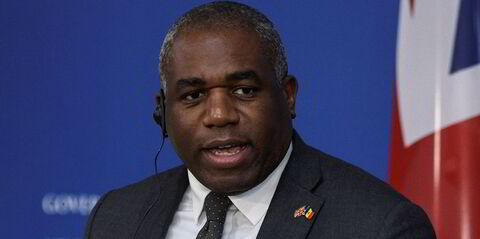Two big green alliances are joining forces to sniff out shipping decarbonisation projects in emerging economies.
P4G and the Getting to Zero Coalition have formed a new partnership to map the business case for shipping’s sustainable energy shift — a market they see as worth $1trn.
P4G, a name derived from Partnering for Green Growth and the Global Goals 2030, will help lead studies in Indonesia, Mexico and South Africa. The effort will aim to identify "tangible" business and investment opportunities in green energy projects that can propel shipping’s decarbonisation, while also boosting emerging economies.
The organisation is partnering with Global Maritime Forum, World Economic Forum, Friends of Ocean Action, International Association of Ports and Harbors, Environmental Defense Fund, and the University College London (UCL) Energy Institute for the project.
The new partnership builds on the existing Getting to Zero Coalition, which unites more than 130 public and private organisations backed by governments in 14 countries.
Zero-emissions shipping drive
The goal is to have commercially viable zero-emissions vessels operating along deep sea trade routes by 2030.
"Investing in abundant untapped renewable resources can be one of the most effective measures in reaching net zero by 2050 in order to avoid serious impacts of climate change," said P4G global director Ian de Cruz.
"This is where the Getting to Zero Coalition partnership comes in and P4G is pleased to be a part of this wider global energy transition."
He added that P4G is looks forward to further collaboration to accelerate decarbonisation and sustainable development.
The groups believe public-private collaboration is key to the initiative.
"The P4G Getting to Zero Coalition Partnership will engage with public and private stakeholders from Indonesia, Mexico and South Africa, and together identify concrete, actionable business and investment opportunities that can accelerate shipping’s decarbonisation and contribute to sustainable and inclusive economic growth," added Johannah Christensen, head of projects and programmes at Global Maritime Forum.
Three country-specific opportunity reports will serve as a national blueprint for reducing emissions from shipping. They will also be used to involve other developing and emerging economies.
$1trn to chase
The organisations said the green transition is a trillion-dollar market opportunity to develop the ships and fuels.
Aoife O’Leary, a director at Environmental Defense Fund, said: "The industry’s target of reducing greenhouse gas emissions by at least 50% by 2050 will create a trillion-dollar market opportunity to kick start a worldwide transition to zero carbon shipping."
A study by the Energy Transitions Commission and UCL's University Maritime Advisory Services (UMAS) has estimated the cumulative infrastructure investment that is needed in the next 20 years for shipping to make the transition to zero carbon energy sources to be between $1trn to $1.4trn.
The alliance is concerned that no countries are left behind as projects develop.
"The P4G Getting to Zero Coalition Partnership will explore how it can accelerate shipping’s green transition while taking into consideration the technological and economic impact on trade and opportunities for developing states, to ensure access to affordable, reliable, sustainable and modern shipping for all," said Dr Tristan Smith, reader at the UCL Energy Institute, and director of UMAS.
P4G invests in more than 50 public-private partnerships, with projects in developing countries.
The group involves 12 countries including Denmark and the Netherlands, which fund it, plus Bangladesh, Chile, South Korea and others.





